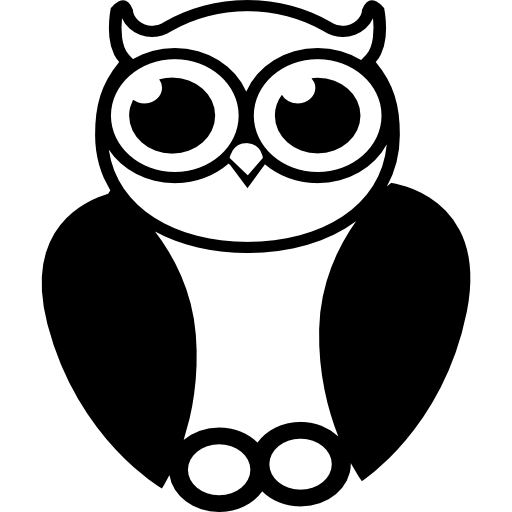Tea Culture
I asked a British friend about the letter and he said that spot of tea is used in Britain, but that it doesn’t mean having a cup of tea, but to having tea with food. Your friend is right to say that it’s frequently connected with food. That’s because tea in Britain can refer to a meal. Di conseguenza,, why do british say cuppa? We all know the Brits love a good cup of tea, but did you know that tea can also be called a cuppa. This slang word came from the phrase “cup of tea” which was shortened to “cuppa tea” and eventually just cuppa. There’s evidence of it being used back in the early 1900s so it’s not new slang, but it’s stuck. Why is Char slang for tea? The British slang word "char" for "tea" arose from its Cantonese Chinese pronunciation "cha" with its spelling affected by the fact that ar is a more common way of representing the phoneme /ɑː/ in British English.
Tea Consumption
Tenendo conto di questo,, do americans drink tea? Some 80 percent of U.S. households have tea in their kitchens, and more than half of the American populace drinks tea on a daily basis, according to the U.S. Tea Association. Americans are, for instance, much fonder of iced tea than they are of hot tea—more than 85 percent of tea consumed in the U.S. is chilled. Which countries put milk in tea? Doodh pati chai, literally ‘milk and tea leaves’, a tea beverage drunk in India, Pakistan, Nepal, and Bangladesh. Teh tarik, a kind of milk tea popular in Malaysia and Singapore. Suutei tsai, a salty Mongolian milk tea. Shahi haleeb, a Yemeni milk tea served after chewing qat.
Historical Significance
Riguardo a questo,, why is tea such a big deal in england? Turns out, it’s all to do with taxes. Tea was first brought to Britain in the early 17th century by the East India Company and was presented to King Charles II. His Portuguese wife, Princess Catherine of Braganza, set the trend in drinking tea, which then caught on among the aristocrats of the time. Si può anche chiedere:, why is tea so addictive? It’s a natural stimulant, and the compound most often blamed for tea’s potentially addictive properties ( 2 ). Caffeine is often labeled as addictive because it has a chemical structure resembling that of adenosine — a compound naturally found in your body that relaxes your central nervous system ( 3 , 4 ).
